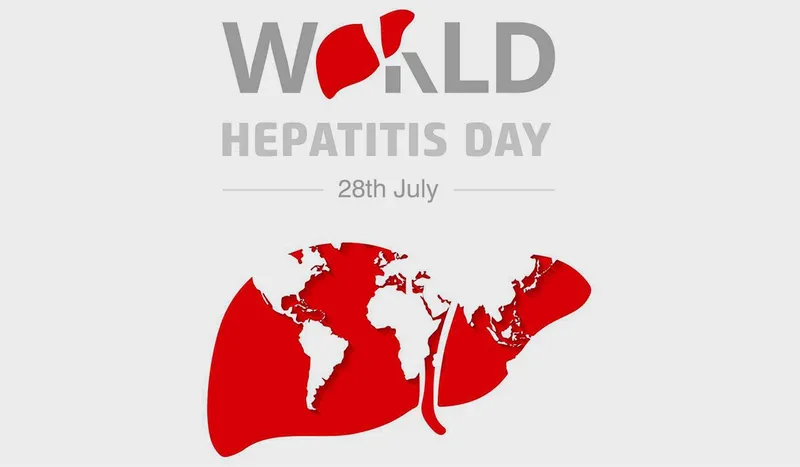World Hepatitis Day: Here is all you need to know about the virus
The world marks 28 July, each year, as World Hepatitis Day to raise awareness about this viral disease and work towards a hepatitis-free future.
Hepatitis is an inflammatory condition of the liver, commonly caused by a viral infection. We recognise 28 July as World Hepatitis Day each year. The purpose is to raise awareness about this viral disease and achieve a hepatitis-free future. The theme for this year is “ Hepatitis can’t wait”, urging people to take immediate action as over 100 people die of hepatitis related illness every hour across the globe. According to the World Health Organization, globally, an estimated 296 million people live with chronic hepatitis B and around 58 million live with chronic hepatitis C. In 2019 viral hepatitis caused nearly 1.1 million deaths globally, despite the existence of safe and effective vaccines that can prevent hepatitis B and antiviral drugs that can manage chronic hepatitis B and cure most cases of hepatitis C. An estimated 60 million people in the Region live with chronic hepatitis B and around 10.5 million live with chronic hepatitis C. In 2019 around 180 000 people in the Region died of hepatitis B and about 38 000 died of hepatitis C – both completely manageable.
Cause
Hepatitis is a communicable disease and has five main stains - A, B, C, D and E. Hepatitis A is a short-term disease while B, C and D are more often than not chronic. Hepatitis E is usually acute but can be chronic and dangerous in pregnant women.
Hepatitis A is usually transmitted through contaminated food or water, carrying traces of faeces from a person infected with this virus. Hepatitis B and C are transmitted through bodily fluids namely blood, semen, or vaginal secretions. Hepatitis D, also called Delta Hepatitis, is a blood borne disease and is contracted through direct contact with infected blood. Hepatitis E is a waterborne disease and is common in resource-poor countries that lack sanitation and clean water supply.
Faulty autoimmune system response, excessive consumption of alcohol and other toxins can lead to non infectious hepatitis.

Image: Twitter/WHO
Symptoms
The chronic strains of the virus may show symptoms at a later stage. However, signs of acute hepatitis include fatigue, sudden weight loss, pale stool and dark coloured urine, loss of appetite, abdominal pain, yellowing of skin and eyes and other flu-like symptoms. These signs may not be very prominent in case of chronic hepatitis.
The chronic strains of hepatitis interfere with the functioning of the liver and may lead to liver damage, cancer, cirrhosis ( scarring of the liver), kidney disease or inflammation of blood vessels.
Preventive measures
You can avoid contracting Hepatitis A and B with a vaccine. Sharing of dirty needles to inject medicines or drugs; having protected intercourse and avoiding consumption of large amounts of alcohol are essential. It’s important to take precautions while getting tattoos or piercings; consume bottled water while travelling to areas with poor sanitation and to ensure that the food you consume is hygienic. Lastly, awareness is key.
Educate yourself and those around you about the illness. In case you experience the symptoms, you must contact your healthcare provider.
Treatment
Ultrasounds and blood tests are used to diagnose the disease. Although there is no specific treatment for Hepatitis A and B, most people are able to recover on their own with rest and hydration within a couple of weeks. Hepatitis C can be cured with antiviral medication. The treatment of Hepatitis D and E focuses on supportive care. Research is being done on therapies and medication that might help eliminate the virus. In instances where the virus causes excessive liver damage, the last resort is a liver transplant.
Edited by Diya Koshy George







